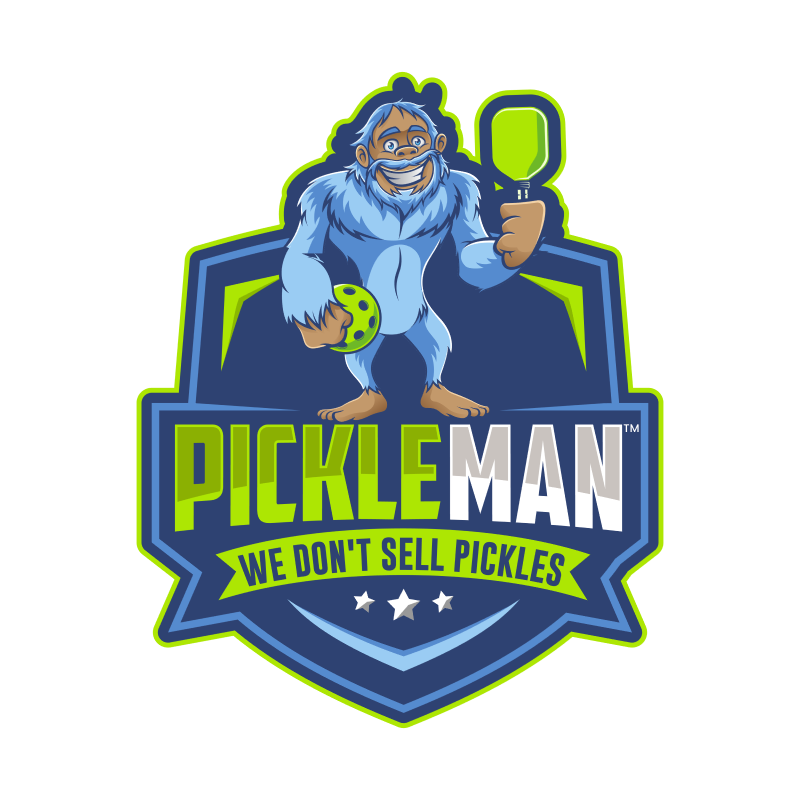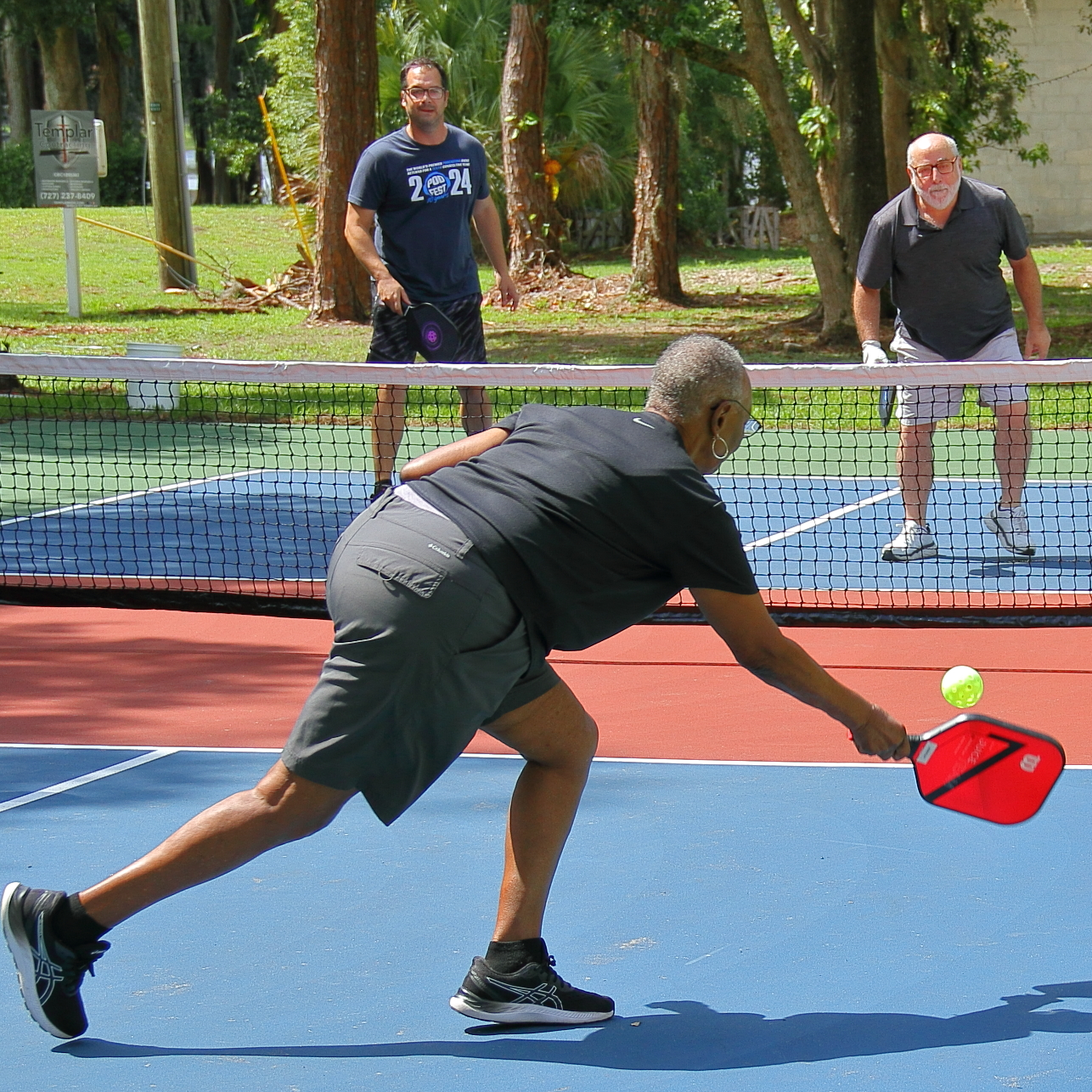Pickleball is a sport that offers numerous health benefits, both physical and emotional/social. Here are some of the most significant health benefits associated with playing pickleball:
Physical Health Benefits
Cardiovascular fitness: Pickleball involves a lot of running, jumping, and quick movements, which can improve your cardiovascular health. Playing pickleball for just 30 minutes can burn up to 300 calories, making it an excellent way to get your heart rate up and burn fat.
Muscle strength and endurance: Pickleball requires players to use their entire body, from their legs and core to their arms and shoulders. The sport can help build muscle strength and endurance, particularly in the upper body, which can improve posture and balance.
Bone density: The quick movements and weight-bearing exercises involved in pickleball can help improve bone density and reduce the risk of osteoporosis.
Coordination and balance: Pickleball involves a lot of hand-eye coordination, footwork, and quick reflexes, which can help improve balance and coordination.
Mental health: Pickleball is a social sport that can help reduce stress, anxiety, and depression. The camaraderie and teamwork involved in the sport can help boost mental health and overall well-being.
Low-impact: Pickleball is a low-impact sport, which means it puts less stress on joints and reduces the risk of injury. It is an excellent alternative to high-impact sports like running and basketball for people with joint issues or who are recovering from an injury.
Overall, pickleball is a fun and accessible sport that can provide numerous health benefits for people of all ages and fitness levels.
Emotional & Social Health Benefits
Playing pickleball offers a number of emotional and social benefits that can help improve overall well-being. Here are some of the most significant benefits:
- Stress relief: Pickleball can be a great way to reduce stress and promote relaxation. The sport requires concentration and focus, which can help players clear their minds and reduce anxiety.
- Improved mood: The social interaction and physical activity involved in playing pickleball can release endorphins, which are natural mood-boosters. This can help players feel happier and more positive.
- Increased self-esteem: As players improve their skills and abilities in pickleball, they can experience a sense of accomplishment and increased self-esteem. This can help boost overall confidence and well-being.
- Social interaction: Pickleball is a social sport that allows players to interact and connect with others. The camaraderie and teamwork involved in the sport can help build social connections and friendships.
- Sense of community: Pickleball communities are often tight-knit and supportive, which can provide a sense of belonging and community. This can be especially important for older adults who may feel isolated or lonely.
- Cognitive stimulation: The strategy and problem-solving involved in playing pickleball can provide cognitive stimulation and improve brain function. This can help players maintain mental agility and prevent cognitive decline.
Overall, playing pickleball can offer a range of physical, emotional and social benefits that can help improve overall well-being and quality of life.


Leave A Comment